
123rf
As Generation Alpha navigate through a world of advanced technology and rapid innovation, there are a bunch of things from the not-so-distant past that they might never encounter (except maybe in old movies or their grandparent’s stories). We’re talking about items and experiences that were everyday norms for older generations but are now fading into the annals of history. Let’s take a nostalgia-packed journey through some relics that were once staples of daily life, which Generation Alpha Men will likely never need to know about.
1. Dial-Up Internet

123rf
Remember that weird, screechy modem sound? Nope, you probably don’t. Dial-up Internet was the gatekeeper to the online world, buzzing and whirring as it tried to connect through a phone line. It was slow, painfully slow, making downloading a single song a task of epic patience. You’ll likely never know the struggle of choosing between the internet and a phone call since they couldn’t be used simultaneously.
2. VHS Tapes
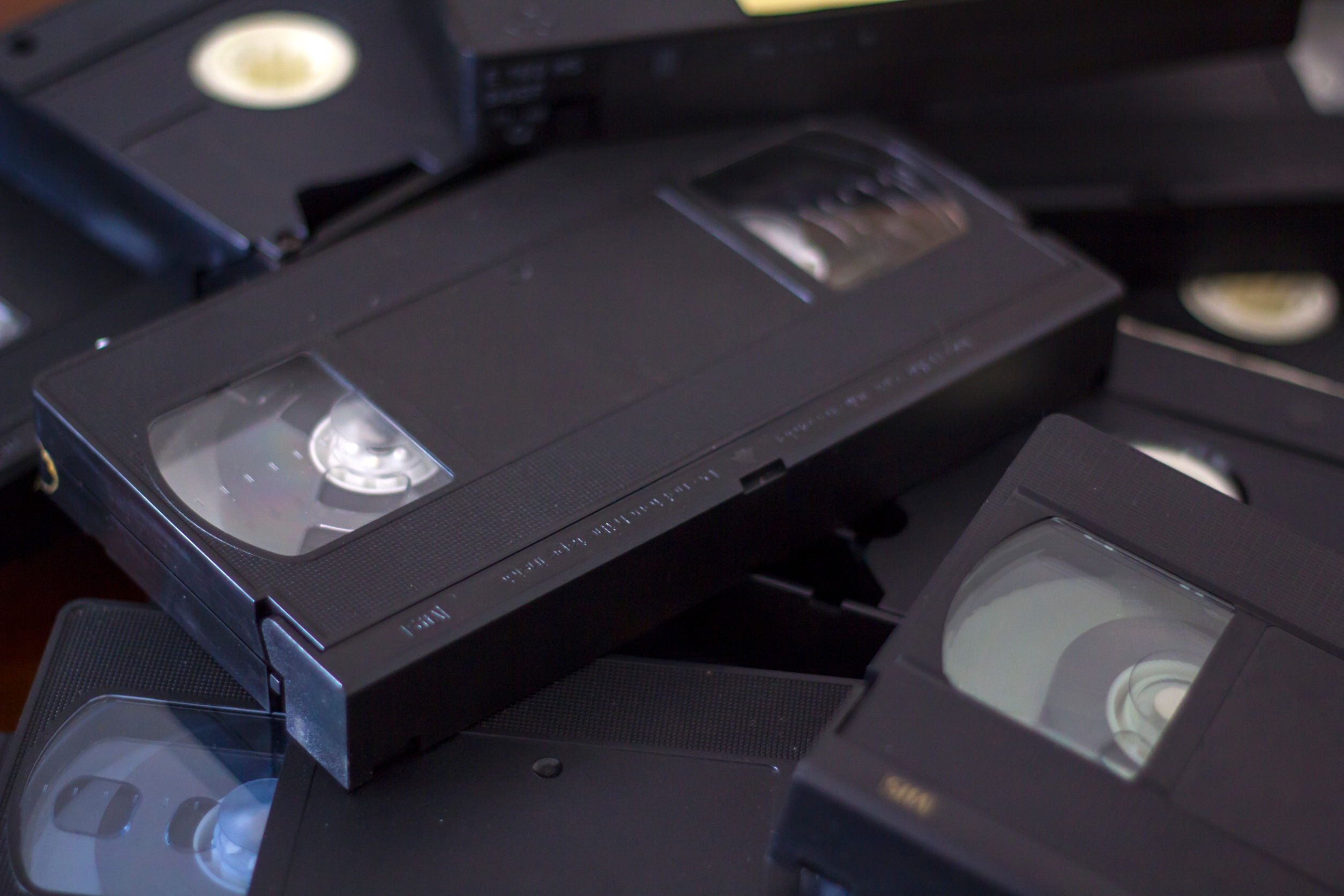
123rf
Before streaming platforms and even DVDs, VHS tapes were the kings of video. You had to rewind them to the start after watching, and they took up a ton of physical space. The picture quality? Let’s just say it left a lot to be desired by today’s standards. You’ll never experience the minor tragedy of a VHS tape getting ‘eaten’ by the VCR.
3. Flip Phones
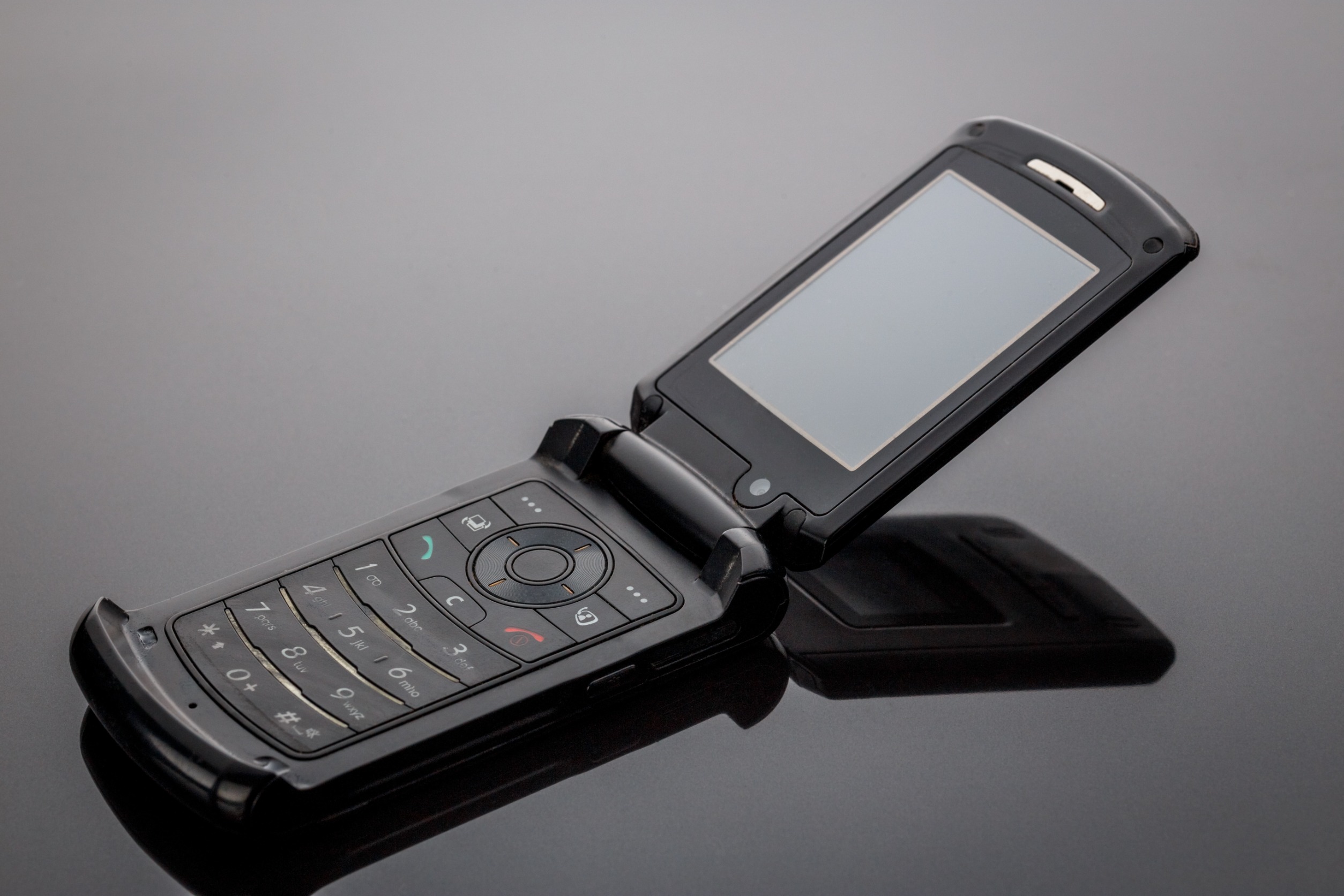
123rf
Once the epitome of cool, flip phones had a certain flair when ending a call; nothing says “conversation over” quite like snapping a phone shut. But in terms of functionality, they’re dinosaurs compared to your smartphones. With no touch screen, minimal apps, and basic internet capabilities, flip phones are a relic you’ll likely only see in retro films.
4. Paper Maps

123rf
Long before GPS and digital navigation, paper maps were essential for road trips and finding your way in unfamiliar cities. They required actual folding and refolding, a skill unto itself. Figuring out your route involved physical plotting and sometimes even writing directions down. You might never know the unique frustration of trying to refold a map along its original creases.
5. Encyclopedias

Canva
Those big sets of books that took up shelves in libraries and homes? Those were encyclopedias, the pre-internet source for research and homework help. They were updated maybe once a decade, so the information could become outdated quickly. Now, with real-time updates on the internet and digital databases, the idea of using a physical book for general knowledge seems almost quaint.
6. Fax Machines
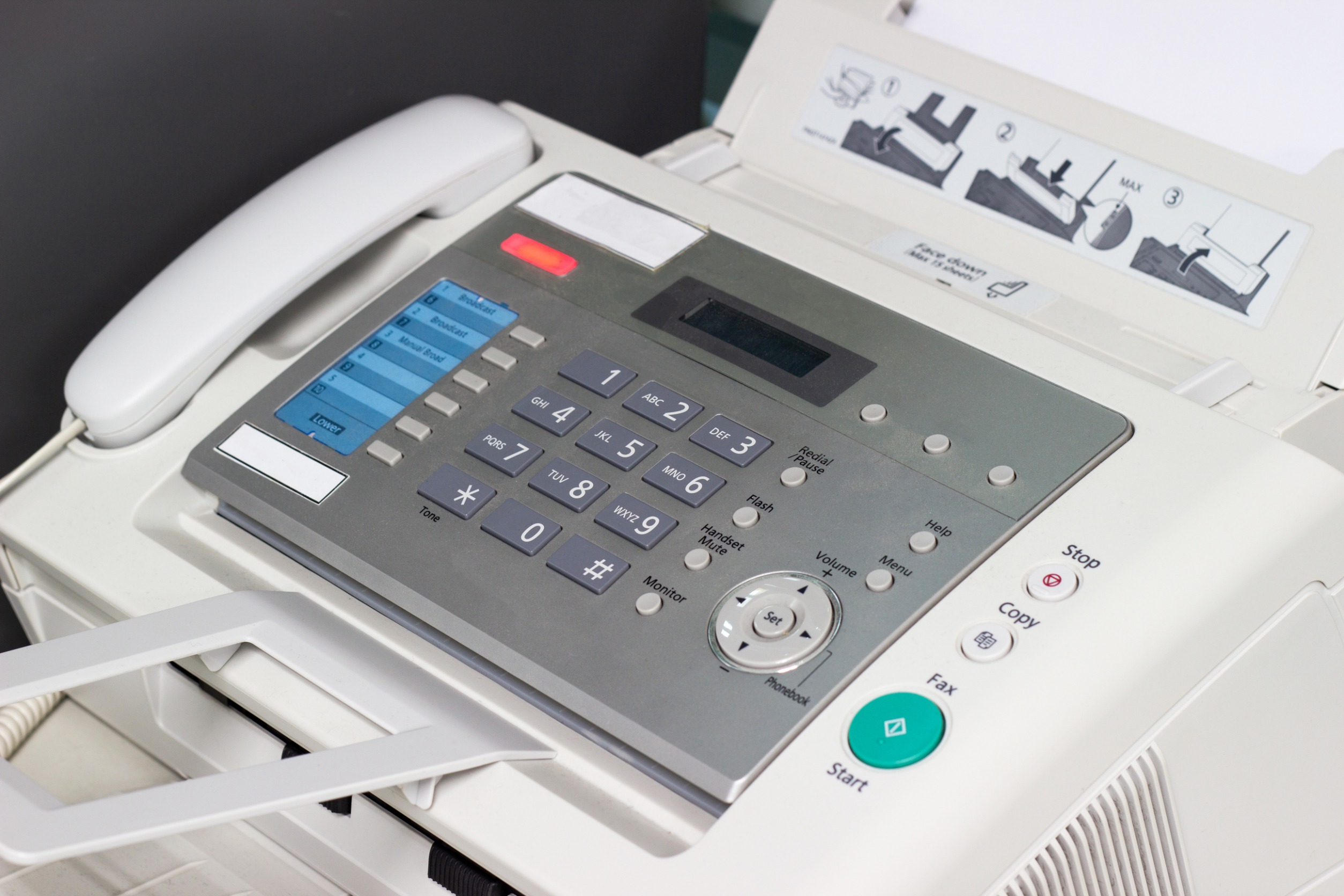
123rf
Fax machines were once a cornerstone of office communication, sending scans of documents over phone lines. It sounds simple, but it was a process fraught with issues like paper jams and poor transmission quality. As email and digital file sharing have become the norm, the fax machine has faded into obscurity. You’ll probably never experience the peculiar anxiety of waiting for a “fax confirmation” page.
7. CD Players
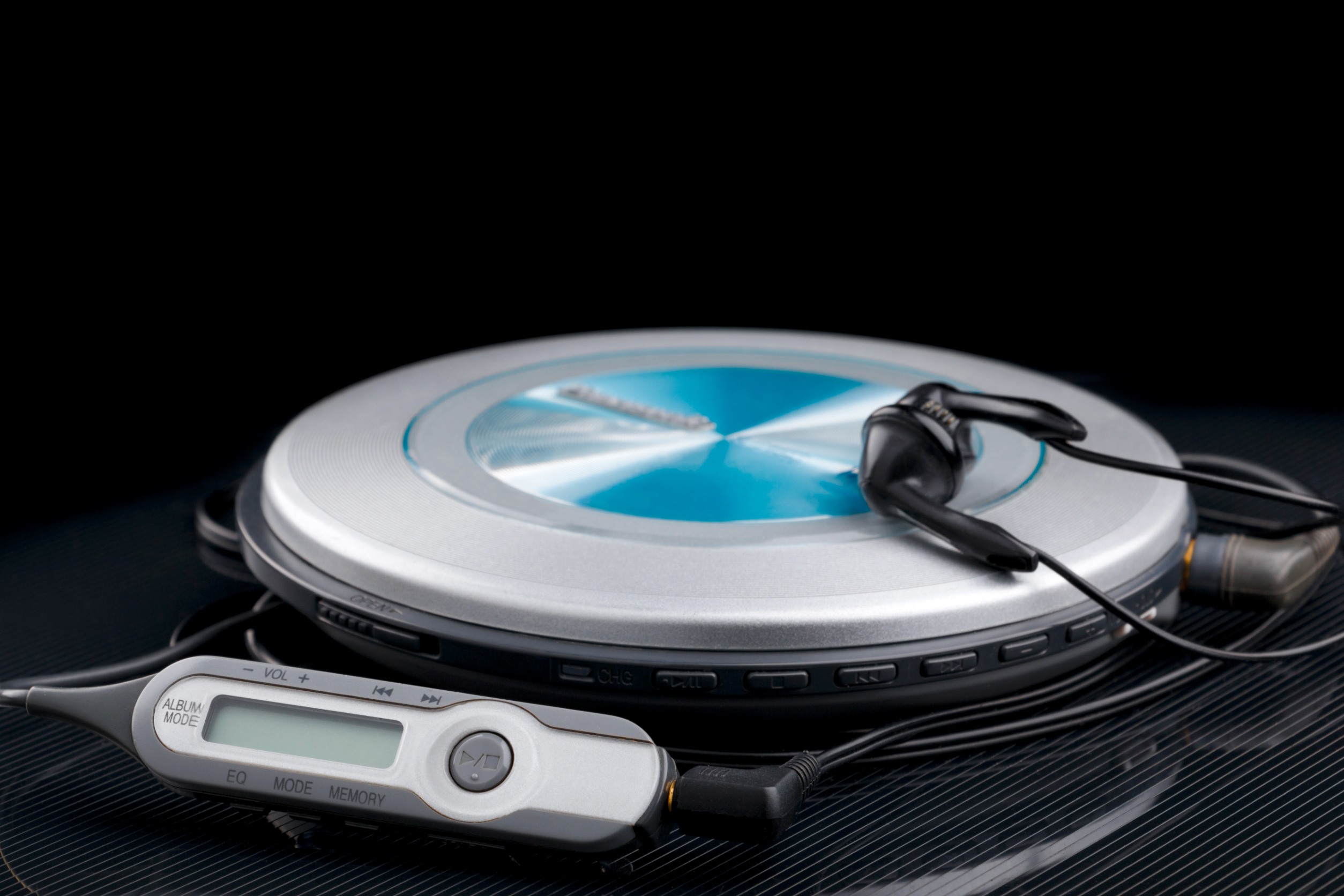
123rf
Portable CD players let you take your music with you, but they have their limitations. They were bulky, required carrying around physical CDs, and if you were jogging, you’d have to deal with the CD skipping. Now, with streaming services and digital downloads, your entire music library fits in your pocket, with no skipping or physical storage necessary.
8. Rolodexes

Canva
Before digital contacts lists, there were Rolodexes: rotating file devices filled with business cards and contact info. They sat on desks and were a staple in offices everywhere. Flipping through a Rolodex to find a phone number is a ritual you’re unlikely to ever perform. Today, all your contacts are just a tap away on your smartphone.
9. Tube TVs

Canva
The bulky, boxy tube TVs of the past are nothing like the sleek, wall-mounted screens you know. They took up a lot of space, had limited channels, and had no way to stream the billion hours of content available now. You’ll never know what it’s like to adjust “rabbit ears” antennas to get a clearer picture.
10. Pagers
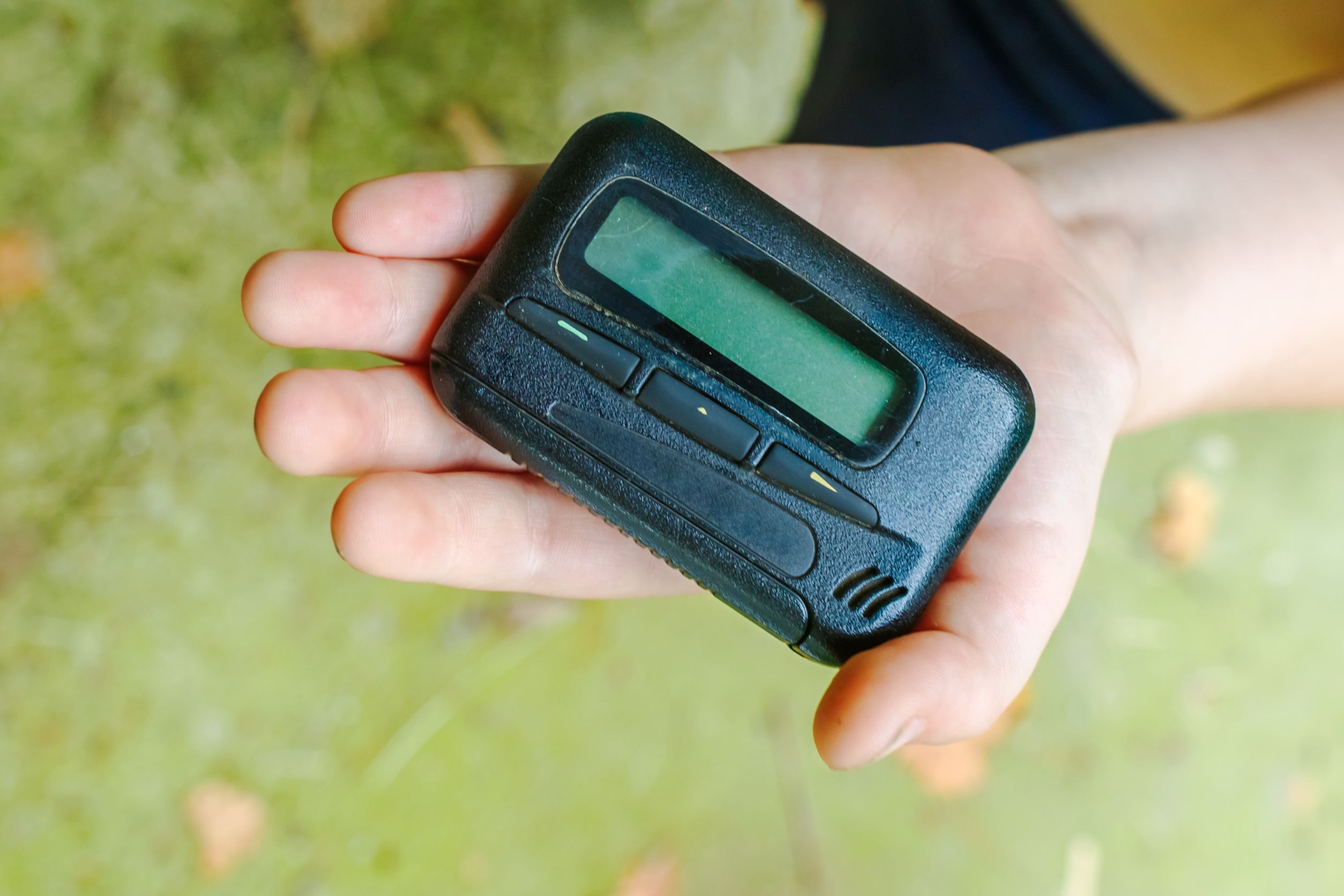
Canva
Pagers were a quick way to get someone’s attention before cell phones became widespread. You’d get a beep, see a number or a short message, and find a phone to call back. It was a simpler, yet more complicated, time for communication. You’ll likely never clip one of these to your belt or experience the rush of getting a “911” page.
11. Typewriters
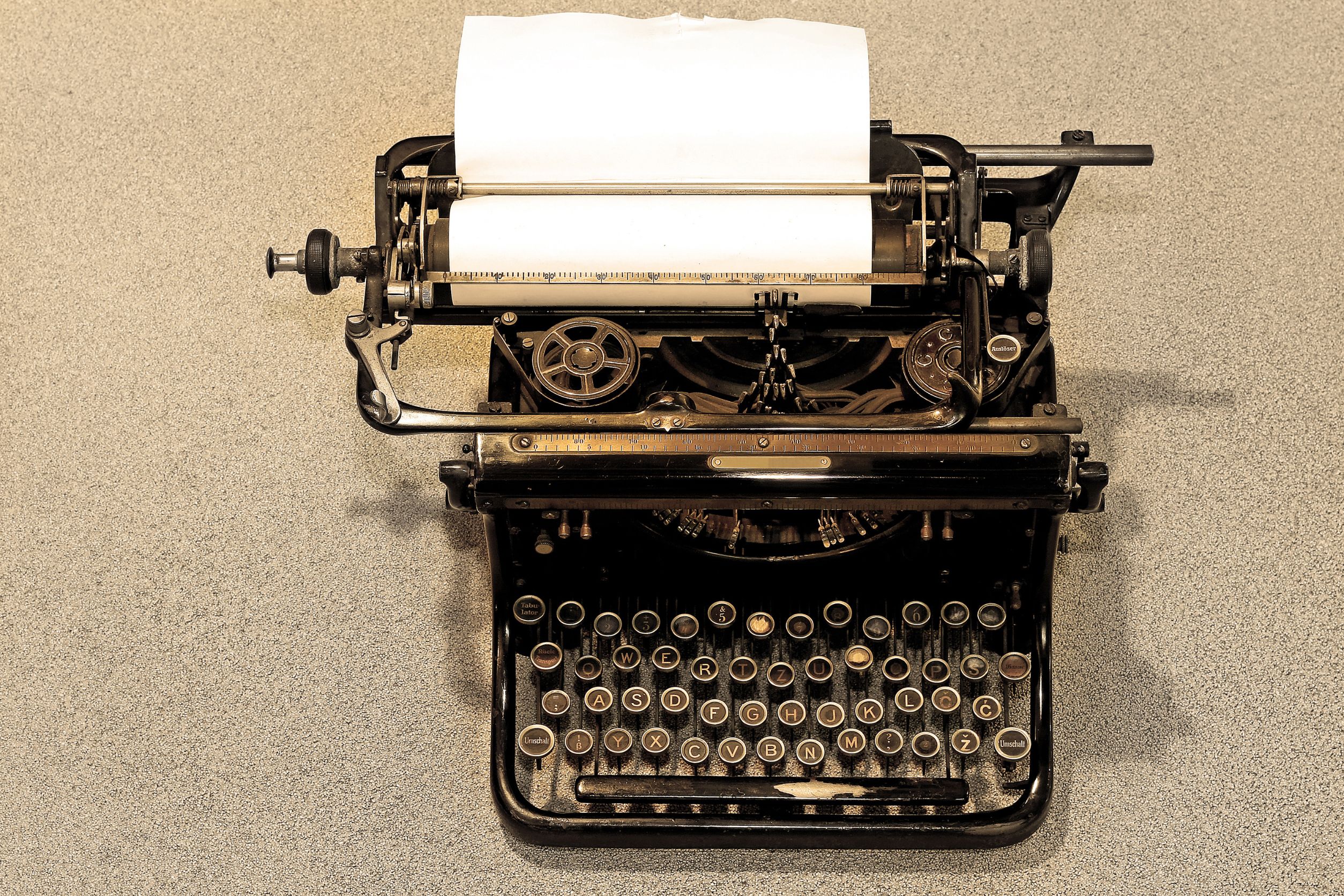
Canva
Typewriters, with their clacking keys and ribbons of ink, were the original word processors. The tactile feeling of typing on one is vastly different from tapping on a laptop. Making a mistake meant using correction fluid or starting over. While you might see them in museums or vintage shops, using one for daily tasks is a thing of the past.
12. Handheld Video Game Consoles
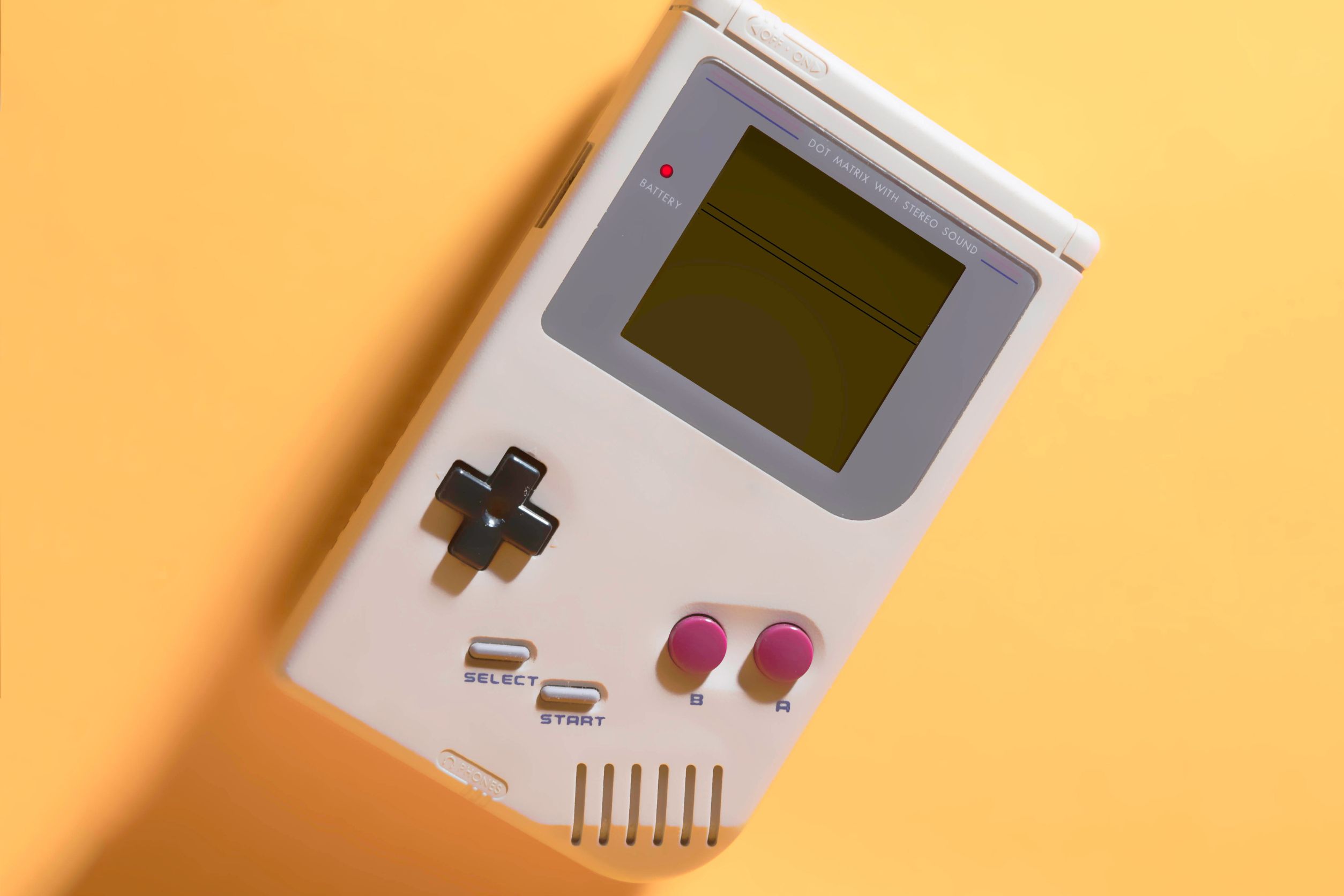
Canva
Before smartphones could do everything, handheld video game consoles were the go-to devices for gaming on the move. While still around in niche markets, their prevalence has drastically decreased as phones now run games that once needed dedicated hardware. You might play retro games for fun but as a necessity? Probably not.
13. Film Cameras

Canva
Film cameras require a roll of film that you have to develop to see your photos; no instant previews or deletes. The anticipation of waiting to see if your shots turned out or if you just took a bunch of pictures of your thumb was part of the charm. Today’s instant gratification via digital cameras and smartphones has all but erased the old thrill of film photography.
14. Cassette Tapes
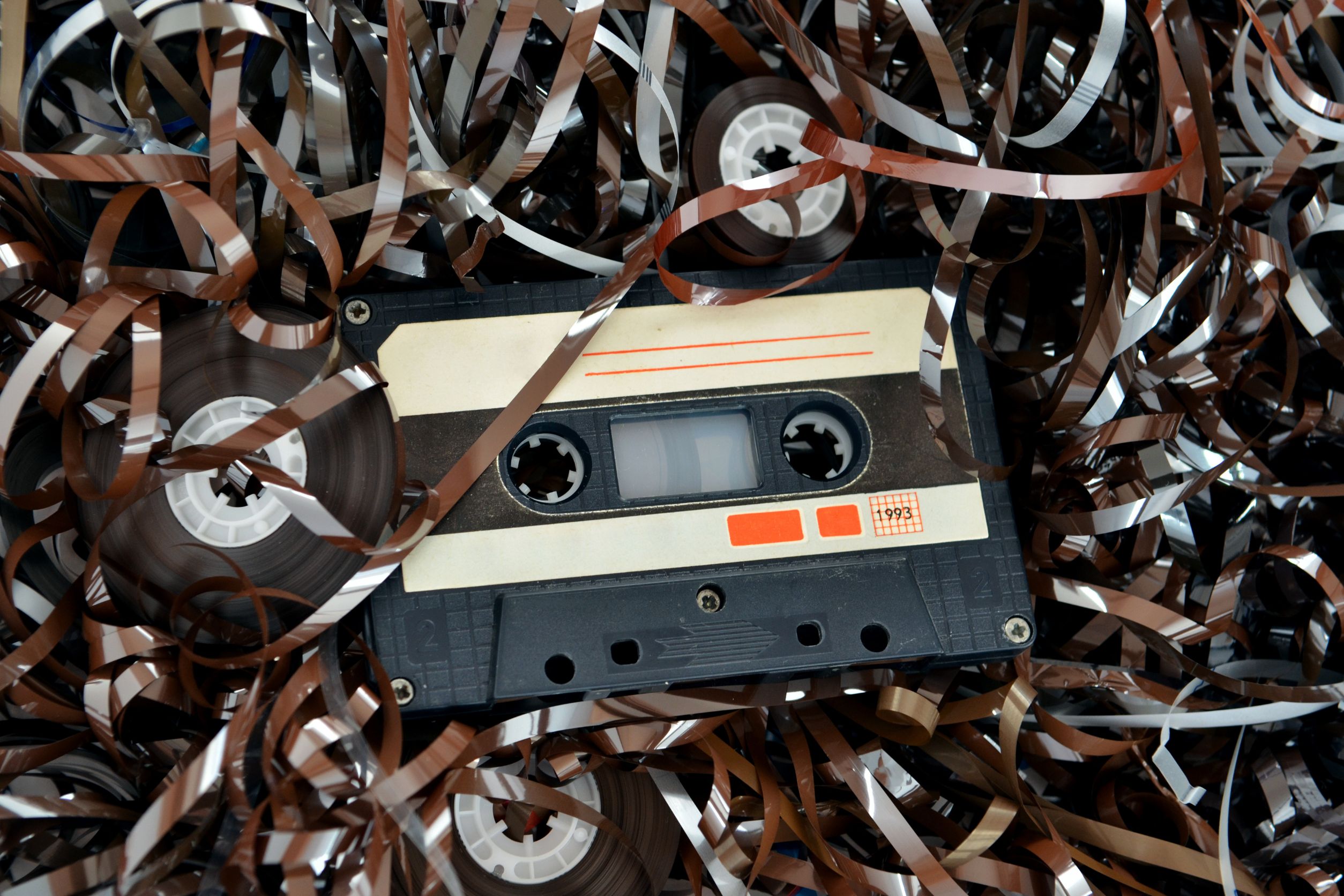
Canva
Cassette tapes, like VHS, required rewinding and were prone to getting tangled and ruined. They were a popular way to record and share music and mixtapes before digital media took over. The side A and side B of a cassette might be a concept you’ll only understand metaphorically.
A Nostalgic Look Back

123rf
For Generation Alpha, these gadgets and practices might seem like artifacts from another era and that’s because they are! While technology evolves, so do our daily lives, leaving behind objects once deemed essential. It’s fascinating to think about how what’s indispensable today might be the subject of tomorrow’s nostalgia. So, as you swipe on your latest device, take a moment to appreciate the rapid pace of change that has made many of these items relics of the past.

Leave a Reply